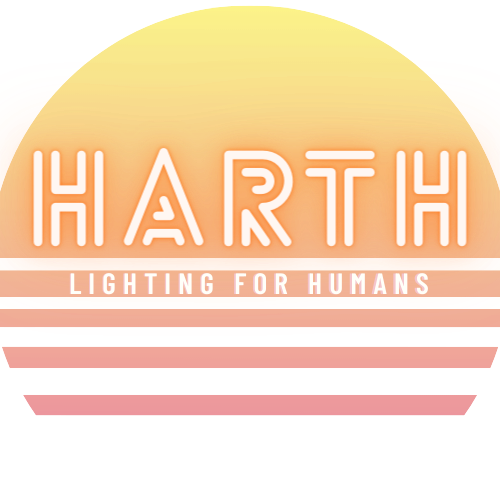Food is fuel and dieting is therapy. Dieting does not mean starving yourself to death; it means you should eat the right food to balance the natural body system. There are many famous diets known to mankind namely Atkins Diet, The Zone Diet, GM Diet, and the recent one which is doing its rounds on social media and other platforms is the Keto Diet. Today, we will have a look of how keto diet impacts the sleep patterns.
What is Keto Diet?
Some of you must be aware of the Keto Diet and for those who are still wondering – Keto Diet is a form of diet in which you consume high fat, adequate protein and low carbohydrate. It was created in the 20’s as a treatment to seizures and was made famous by a Hollywood celeb featured on TV demonstrating how this diet controlled seizures in his son. This type of diet appears to be more successful than low-fat diets for weight loss, but it should not be done for long-term. If you want to try some easy recipes for Keto Diet, you can find them here.

Before you are going into the Keto Diet, it is important to know what to expect rather than being surprised later. One major change that the diet brings along with it is the change in sleep patterns.
Keto diet and sleep patterns
Keto Dieters are known to experience less sleep during the initial days of the diet. The science behind it explains that carbohydrates supply the body with glucose making them our body’s key source of energy. They also help the easy permeation of L-tryptophan, an amino acid assisting the production of serotonin, in the brain. Serotonin is converted into melatonin which is the sleep hormone.
With a low-carb diet, the amino acid is not adequately included in the diet leading to low levels of the subsequent two hormones. The outcome – insomnia. Having said that, let me also tell you that studies have proven that when done on a long-term basis, keto dieters sleep more soundly with an improved sleep quality and better dreams.
Treating insomnia in keto diet
- Practice meditation before bed – Mild meditation before bed relaxes your mind and clears your head of stress and anxiety. It helps you unwind and slowly ease into dreamland. There are many yoga routines and correct mediation techniques available online to help you through the course.

- Reduce exposure to blue light – As stated in one of our blogs, blue light, in particular, has been proven to suppress melatonin more powerfully than any other wavelength. Thus, you should reduce your exposure to screens – laptops, TVs, smartphones – which emit blue light and negatively impacts your sleep.
- Take it slow – You do not have to cut down carbs in one go. Take it easy and slowly reduce your daily intake limit by 50g of carbs per day. This will help your body adjust accordingly and steadily ease into ketosis.
- Set the right temperature – The natural environment to sleep is generally dark and cold. Keep your room temperature anywhere between 60-67 degrees Fahrenheit for optimum sleep. Regulate your body temperature with the room temperature by keeping your hands and feet warm.
- Eat and drink right – Eat three hours before you hit the sack and keep a tap on caffeine. I will cover more food and drinks to consume and avoid for better sleep in my next blog.
Every individual has a different sleeping pattern but it is wise to know beforehand how a diet can affect your sleep. After all, if you are putting in the hard work of sticking to the keto diet, you owe it to your body to have a peaceful sleep at night.


